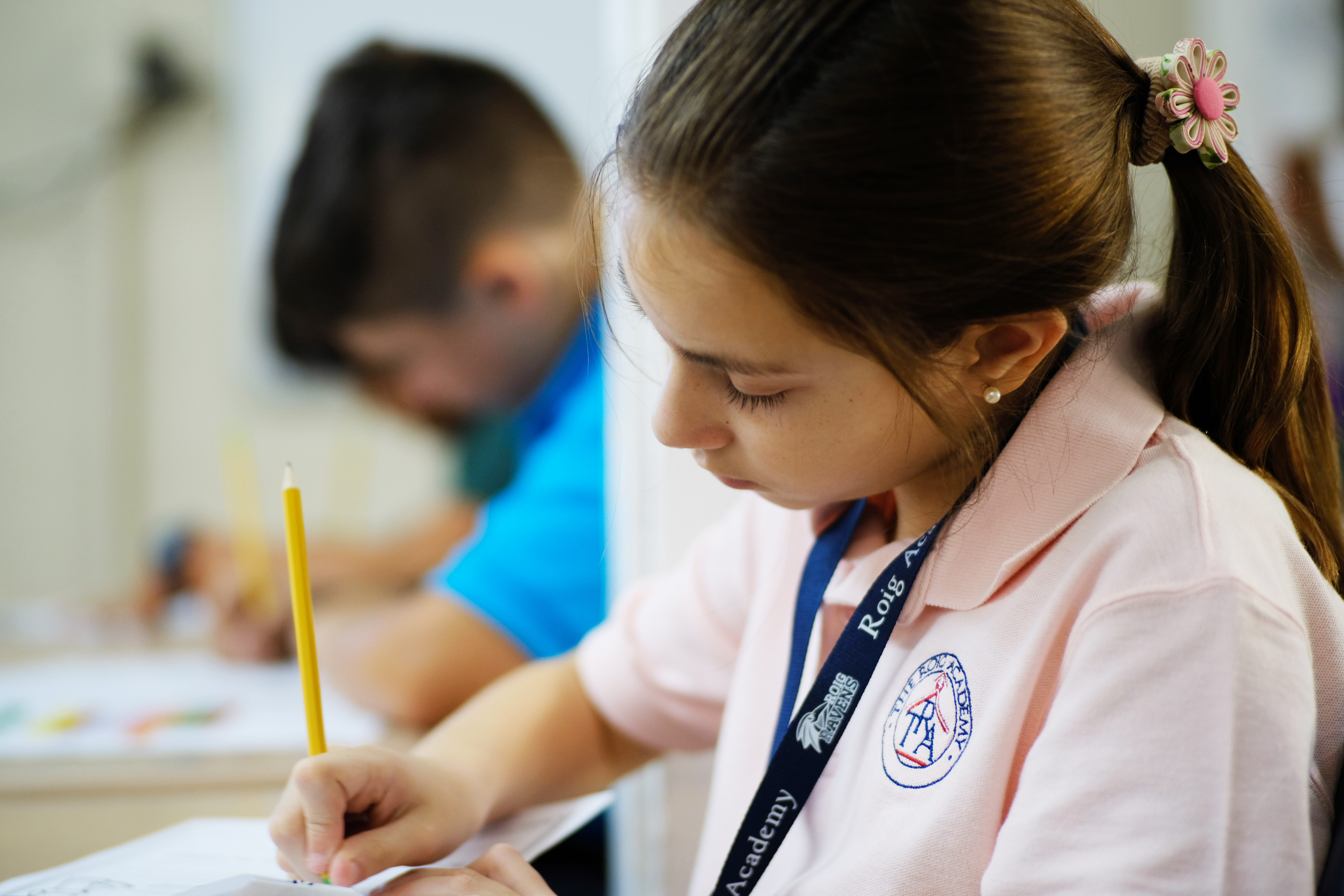Your child has just been diagnosed with a learning disability. It’s natural to begin worrying about how your child will handle school and how this disability will impact their success. First, take a breath.
Learning disabilities are common amongst children and adults alike. In the United States, 4.6 million school-aged children have some type of learning disability. What does this mean? This means that you are not alone. There are many steps you can take when you face the daunting thought of what to do when your child has a learning disability.
Keep Things In Perspective
As a parent, the first thing you can do is keep things in perspective. It is important to remember that every child learns differently. Some children need hands-on experience with learning materials while others can simply read a book and remember vivid details.
Instead of asking yourself “What can I do?,” ask “How can I help my child face this obstacle?”. This means being an advocate for your child. Become your own expert by learning about your child’s learning disability. You know your child best. Understanding their learning disability and educating yourself will allow you to create solutions that work uniquely for your child.
Get Your Child’s School Involved
Parents of children with learning disabilities should inform their child’s school about the diagnosis. According to clinical psychologist Dr. Patrick McGrath, parents should ask their child’s principal or teacher to assess their child’s needs. Partner with faculty and teachers to create a plan of action.
Make it a point to inform your child’s school that you would like to be a part of your child’s learning journey. Creating a relationship with your child’s teacher allows you to keep track of your child’s workload.
If your child struggles with activities in the classroom, an understanding of what is happening in the class allows you to work with your child at home. Come up with new solutions for the obstacles that seem to occur often.
Know Your Child’s Rights
In order to be an effective advocate for your child, learn about your child’s rights. The Individuals with Disabilities Education Act is a federal law for children with disabilities that secures special education services for children from the time they are born until they graduate from high school.
The purpose of the act is to ensure that every child in the public school system is receiving the quality of education that is promised to them by the United States government. Learn about your rights as a parent and your child’s rights as a student.
Consider Specialty School Options
A specialty school could be an excellent option for you if you are looking for a learning environment that caters to your child’s needs. Teachers and faculty at specialty schools, such as private schools often have experience working with children with learning disabilities.
More so, specialized schools offer small classes with a more individualized approach to student-teacher interactions. Children with learning disabilities such as ADHD and dyslexia perform particularly well in smaller classrooms.
Furthermore, specialized schools are equipped with the methodologies that work best for children with learning disabilities. Programs and activities are designed with your child’s educational success in mind. The Roig Academy provides a safe, specialized learning environment for students with learning disabilities. Our program is designed to educate students with learning disabilities through a variety of teaching styles and activities.
Whether your child has recently been diagnosed with a learning disability or this is a diagnosis your child was born with, you have many options and resources that equip you to be an advocate for your child. Reach out to The Roig Academy today for more information about our unique approach to learning.
Let’s get to know each other!
You can also contact admissions at 305-235-1313.

